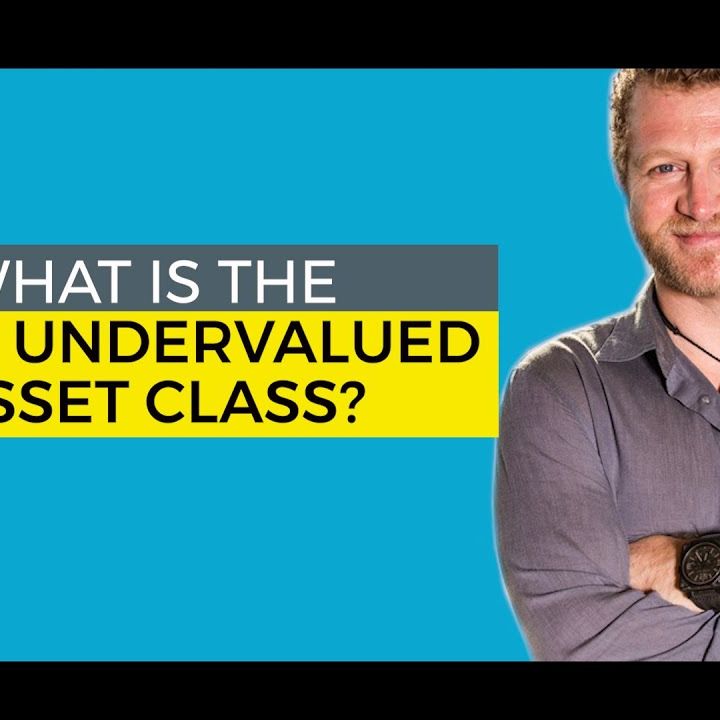Continue reading to learn more about private equity (PE), consisting of how it produces value and some of its crucial methods. Key Takeaways Private equity (PE) refers to capital financial investment made into business that are not publicly traded. Many PE companies are open to certified investors or those who are deemed high-net-worth, and successful PE managers can earn millions of dollars a year.
The charge structure for private equity (PE) firms varies but usually consists of a management and performance charge. An annual management charge of 2% of properties and 20% of gross profits upon sale of the company prevails, though incentive structures can vary considerably. Provided that a private-equity (PE) company with $1 billion of assets under management (AUM) may have no more than two dozen investment professionals, and that 20% of gross profits can generate 10s of countless dollars in costs, it is easy to see why the industry attracts top talent.
Principals, on the other hand, can make more than $1 million in (recognized and unrealized) payment per year. Types of Private Equity (PE) Firms Private equity (PE) companies have a variety of investment choices.
Private equity (PE) companies have the ability to take considerable stakes in such business in the hopes that the target will develop into a powerhouse in its growing industry. Furthermore, by assisting the target's frequently inexperienced management along the method, private-equity (PE) companies include value to the firm in a less quantifiable way also.
Because the best gravitate toward the larger offers, the middle market is a considerably underserved market. There are more sellers than there are highly skilled and located finance professionals with extensive buyer networks and resources to manage an offer. The middle market is a substantially underserved market with more sellers than there are purchasers.
Purchasing Private Equity (PE) Private equity (PE) is often out of the equation for people who can't invest countless dollars, but it should not be. . The majority of private equity (PE) financial investment chances require high preliminary investments, there are still some ways for smaller sized, less wealthy gamers to get in on the action.
There are policies, such as limits on the aggregate quantity of cash and on the number of non-accredited financiers. The Bottom Line With funds under management currently in the trillions, private equity (PE) firms have actually ended up being appealing investment cars for rich individuals and organizations. Comprehending what private equity (PE) exactly entails and how its value is created in such financial investments are the initial steps in getting in an asset class that is slowly becoming more available to specific financiers.
There is likewise strong competition in the M&A marketplace for great business to purchase - Tyler Tysdal. As such, it is crucial that these companies develop strong relationships with deal and services specialists to protect a strong offer flow.
They also typically have a low correlation with other property classesmeaning they relocate opposite instructions when the market changesmaking options a strong prospect to diversify your portfolio. Various possessions fall under the alternative financial investment category, each with its own qualities, financial investment chances, and caveats. One type of alternative financial investment is private equity.
What Is Private Equity? is the category of capital financial investments made into personal business. These companies aren't noted on a public exchange, such as the New York Stock Exchange. As such, investing in them is considered an alternative. In this context, refers to a shareholder's stake in a business which share's worth after all financial obligation has actually been paid ().
Yet, when a startup ends up being the next big thing, investor can possibly cash in on millions, or even billions, of dollars. think about Snap, the parent company of picture messaging app Snapchat. In 2012, Barry Eggers, a partner at Lightspeed Venture Partners, heard about Snapchat from his teenage child.
This implies an endeavor capitalist who has formerly bought start-ups that ended up achieving success has a greater-than-average chance of seeing success once again. This is due to a combination of entrepreneurs looking for endeavor capitalists with a tested performance history, and venture capitalists' honed eyes for founders who have what it requires successful.

Growth Equity The second type of private equity strategy is, which is capital expense in an established, growing company. Development equity comes into play further along in a business's lifecycle: once it's developed however requires extra financing https://www.instagram.com to grow. Similar to endeavor capital, growth equity financial investments are given in return for business equity, usually a minority share.